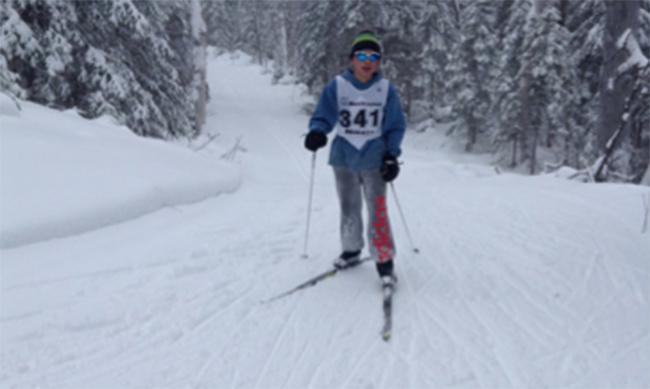‘Brain Gains’ session helps individuals with FASD

SHEGUINDAH FIRST NATION — Aaron Bowerman Right to Play Coordinator at Sheguiandah First Nation hosted Anishinabek Nation Fetal Alcohol Spectrum Disorder Worker Laura Liberty and FASD front line workers. They all participated in an informative training session called “Brain Gains” aimed at improving physical activity levels for children exposed to alcohol during pregnancy.
Participants learned some individuals with FASD or suspected of having FASD face unique barriers when participating in sports.
For example, a quick pace, keeping score, and loud, boisterous activity can easily lead to an overwhelmed and overstimulated participant. The end result is often “checking out” and the participants remove themselves from the activity or has a meltdown.
The sidelined person misses out on both the cognitive benefits and physical benefits of the activity.
Some individuals might have difficulty with large motor skills and performing a simple task such as running can be an intimidating task. Also in the tender teenage years a drop is often seen in confidence and the teen would rather “do nothing than look stupid trying”. Another barrier to exercise!
The simple solution to getting kids and adults moving is sustained aerobic activity.
Dr. John Ratey author of SPARK The Revolutionary New Science of Exercise and the Brain suggests that aerobic activity can actually grow new brain cells well into adult hood.
Ideal exercises to engage the entire family are walking, running, snowshoeing, cycling etc. Activities the entire family can enjoy in the great outdoors.


